PATHOLOGY
-
-
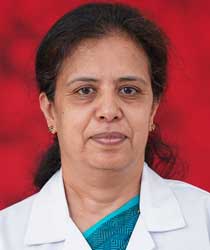
-
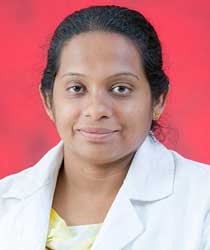
-
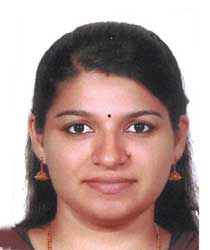
-
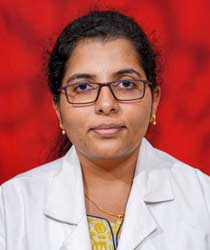
-
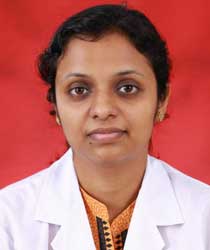
-
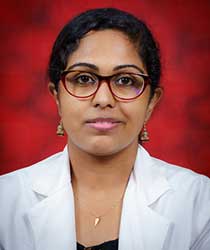
-
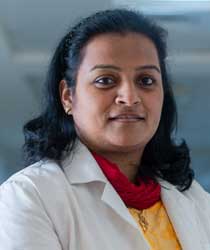
-
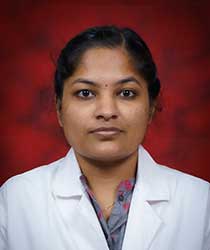
-
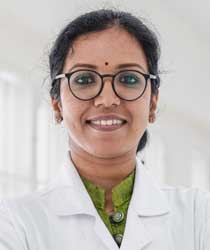
-
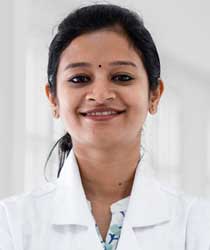
-
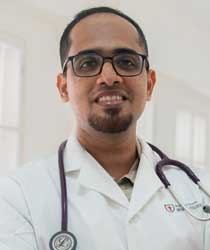
-

Dr. Niha Rebecca Mathews
- Senior Resident (SR)
-
Read more..
-

-

Mission and Educational Objectives
The UG and PG programs in Pathology at Believers Church Medical College aim to provide students with comprehensive knowledge and skills in the study and diagnosis of disease through laboratory analysis of bodily fluids, tissues, and organs.
Curriculum
- Comprehensive curriculum covering core pathological sciences, laboratory techniques, and specialized topics.
- Integration with other medical disciplines to ensure a comprehensive understanding of disease pathology and its implications for patient care.
Clinical Training
- Practical clinical training in pathology laboratories, including histopathology, cytopathology, hematology, and microbiology.
- Exposure to a wide range of pathological conditions, including infectious diseases, neoplastic disorders, and autoimmune conditions.
Faculty Expertise
- The department is staffed with experienced and renowned pathologists who specialize in various subspecialties.
- Faculty members actively engage in clinical practice, research, and academic activities in the field of pathology.
Technology Integration
- Utilization of modern pathological technology, including advanced diagnostic imaging, molecular pathology techniques, and digital pathology systems.
- Training in the use of digital tools for pathology documentation, analysis, and evidence-based practice.
Critical Thinking and Problem-Solving
- Emphasis on developing critical thinking skills for accurate interpretation and diagnosis of complex pathological findings.
- Case-based learning and clinical discussions to enhance problem-solving abilities specific to pathological analysis.
Patient-Centered Care
- Focus on accurate and timely pathology reporting to facilitate appropriate patient management and treatment decisions.
- Training in ethical practices and patient confidentiality in pathology services.
Postgraduate (PG) Program
Specialization and Subspecialties
- The PG program in Pathology offers opportunities for specialization in various subspecialties, including surgical pathology, hematopathology, clinical pathology, and forensic pathology.
- In-depth training in advanced pathological techniques and interpretation.
Research Opportunities
- Encouragement for PG residents to engage in clinical and translational research projects in pathology.
- Collaboration with faculty on ongoing medical research initiatives aimed at advancing the field of pathology.
Faculty Expertise
- Specialized faculty members in various pathological subspecialties providing mentorship and guidance to PG residents.
- Regular academic sessions, journal clubs, and case presentations to enhance knowledge and skills in pathology.
Continuing Medical Education
- Regular participation in national and international pathology conferences, workshops, and seminars.
- Staying updated on the latest advancements in pathological science, technology, and diagnostic methodologies.
Teaching and Training
- Involvement in undergraduate and postgraduate medical education, providing teaching and mentorship to students and residents in pathology.
- Training in medical education principles and effective teaching methodologies specific to pathological sciences.
Patient Care Leadership
- Training in leadership and management skills for effective coordination of pathology services within healthcare settings.
- Involvement in multidisciplinary healthcare teams for comprehensive patient management based on pathological findings.














